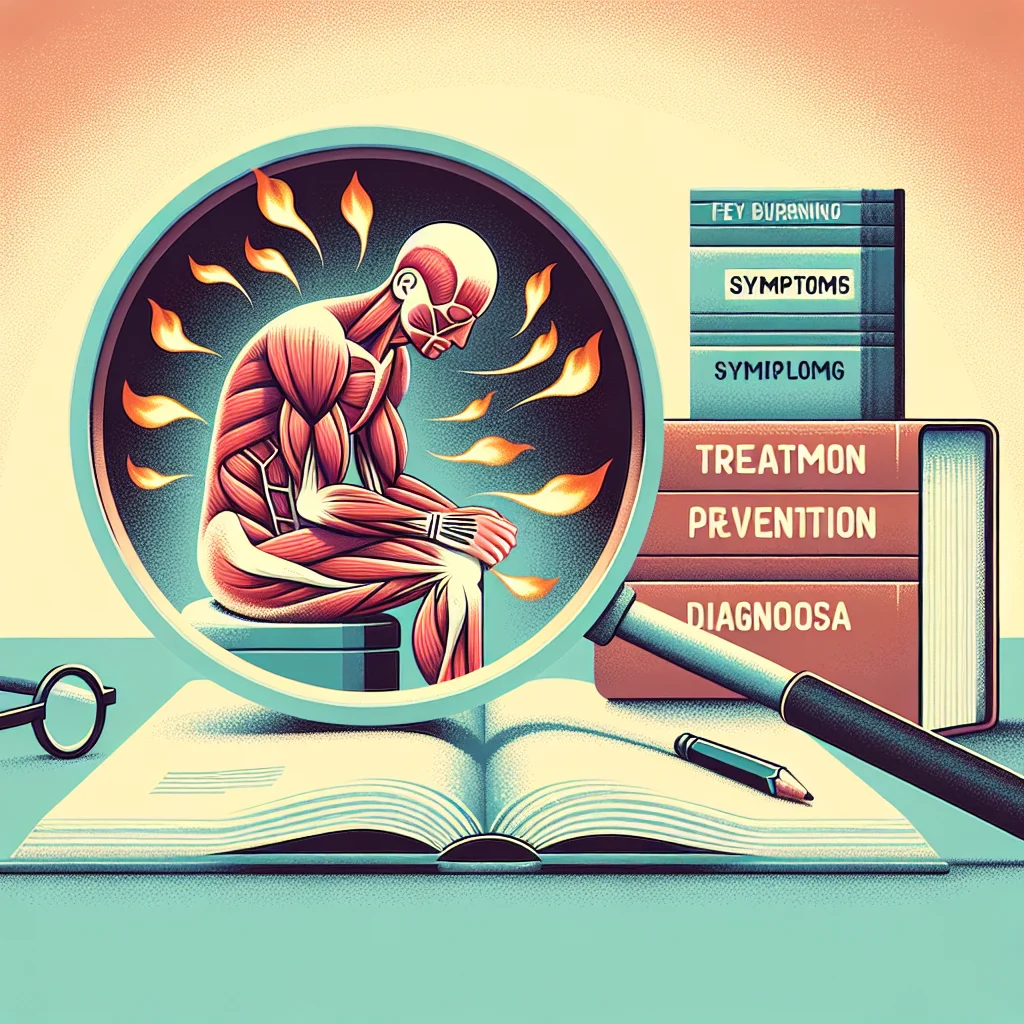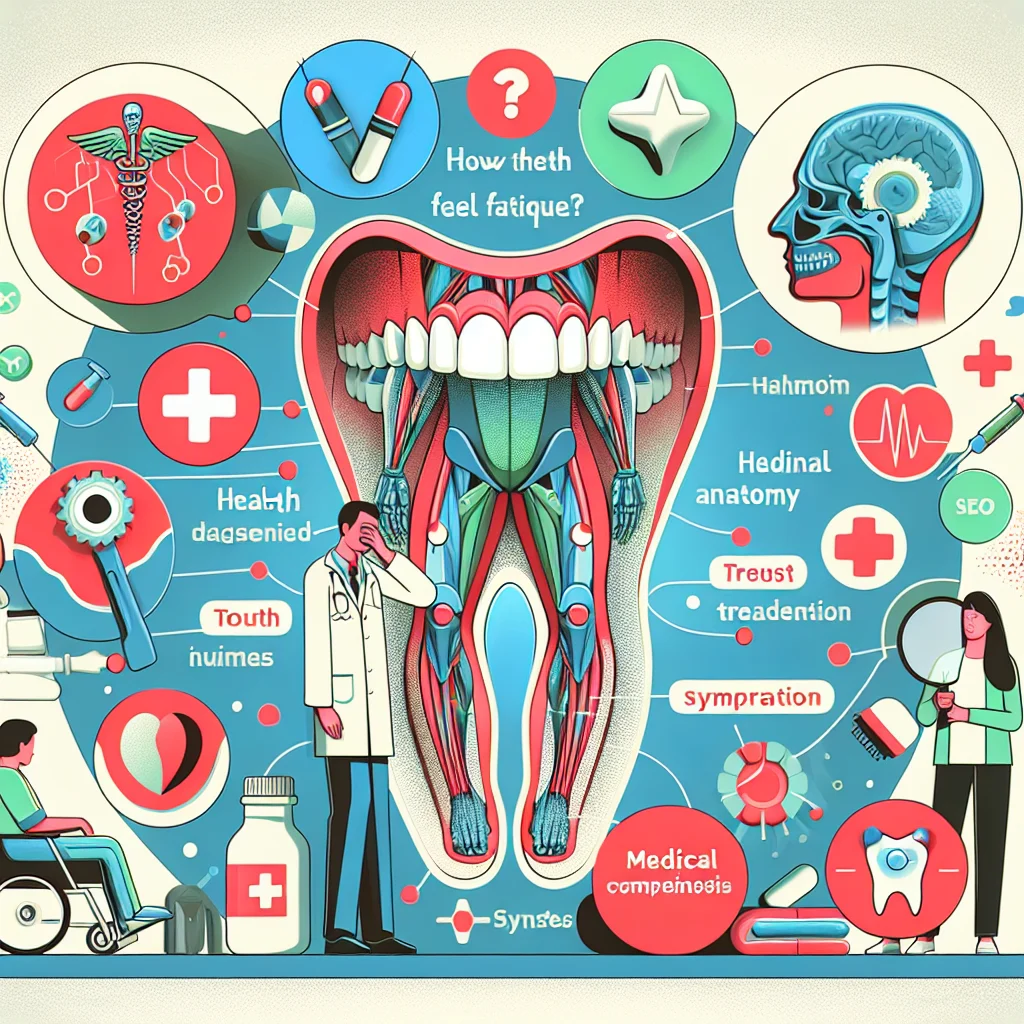
Possible Causes and Medical Insights
Feeling tightness in your ears can be unsettling, but understanding the possible causes can provide much-needed peace of mind. This sensation is often linked to changes in ear pressure, such as those experienced during altitude shifts, sinus infections, or allergies. The Eustachian tube, which helps regulate ear pressure, may become blocked or inflamed, leading to a feeling of fullness or tightness. Earwax buildup or middle ear infections (otitis media) are also common culprits that can cause discomfort and pressure.
Medical insight reveals that ear tightness is sometimes associated with underlying health conditions. Temporomandibular joint (TMJ) disorders and jaw clenching can place stress on the ear region, resulting in a sensation of tightness. Less commonly, neurological conditions or circulatory issues may affect the nerves or blood vessels around the ear. Understanding these causes helps in identifying when the symptom is benign or when it may require professional evaluation.
Symptoms and Risk Factors
Besides the sensation of tightness, you might experience other symptoms such as ear pain, mild hearing loss, ringing in the ears (tinnitus), or a feeling of pressure. These symptoms can vary in intensity and duration, sometimes accompanied by dizziness or imbalance. If you notice fluid drainage, fever, or severe discomfort, these may indicate an infection or more serious condition, warranting prompt attention.
Risk factors for experiencing ear tightness include frequent allergies, upper respiratory infections, exposure to loud noises, or a history of ear problems. Individuals who travel often, especially by air, or those who engage in scuba diving may be more susceptible due to rapid changes in altitude and pressure. Understanding the related symptoms and risk factors enables you to take proactive steps in protecting your ear health.
Diagnosis and When to See a Doctor
Diagnosing the cause of ear tightness often involves a physical examination by a healthcare provider, who may use an otoscope to inspect the ear canal and eardrum. Additional tests, such as hearing assessments or imaging, might be recommended if symptoms persist or are accompanied by concerning signs like severe pain, sudden hearing loss, or neurological changes. Early diagnosis can help prevent complications and guide appropriate treatment strategies.
It is important to seek medical advice if the tightness in your ears is persistent, severe, or associated with other symptoms such as fever, drainage, or vertigo. These may signal an underlying infection or another medical condition requiring prompt care. Timely consultation ensures effective management and reduces the risk of long-term issues related to ear health.
Prevention and Home Remedies
Maintaining good ear hygiene and managing allergies can significantly reduce the risk of developing ear tightness. Simple practices like gently cleaning the outer ear, avoiding exposure to loud noises, and using ear protection during activities such as swimming can help. Staying well-hydrated and using a humidifier during dry seasons may also prevent Eustachian tube dysfunction and related symptoms.
Home remedies such as yawning, swallowing, or using the Valsalva maneuver can help equalize ear pressure and relieve mild tightness. Over-the-counter decongestants or antihistamines may provide temporary relief if allergies or sinus issues are involved. However, it is crucial to consult a healthcare provider before starting any new treatment, especially if symptoms persist, to ensure effective and safe management of your ear health.














